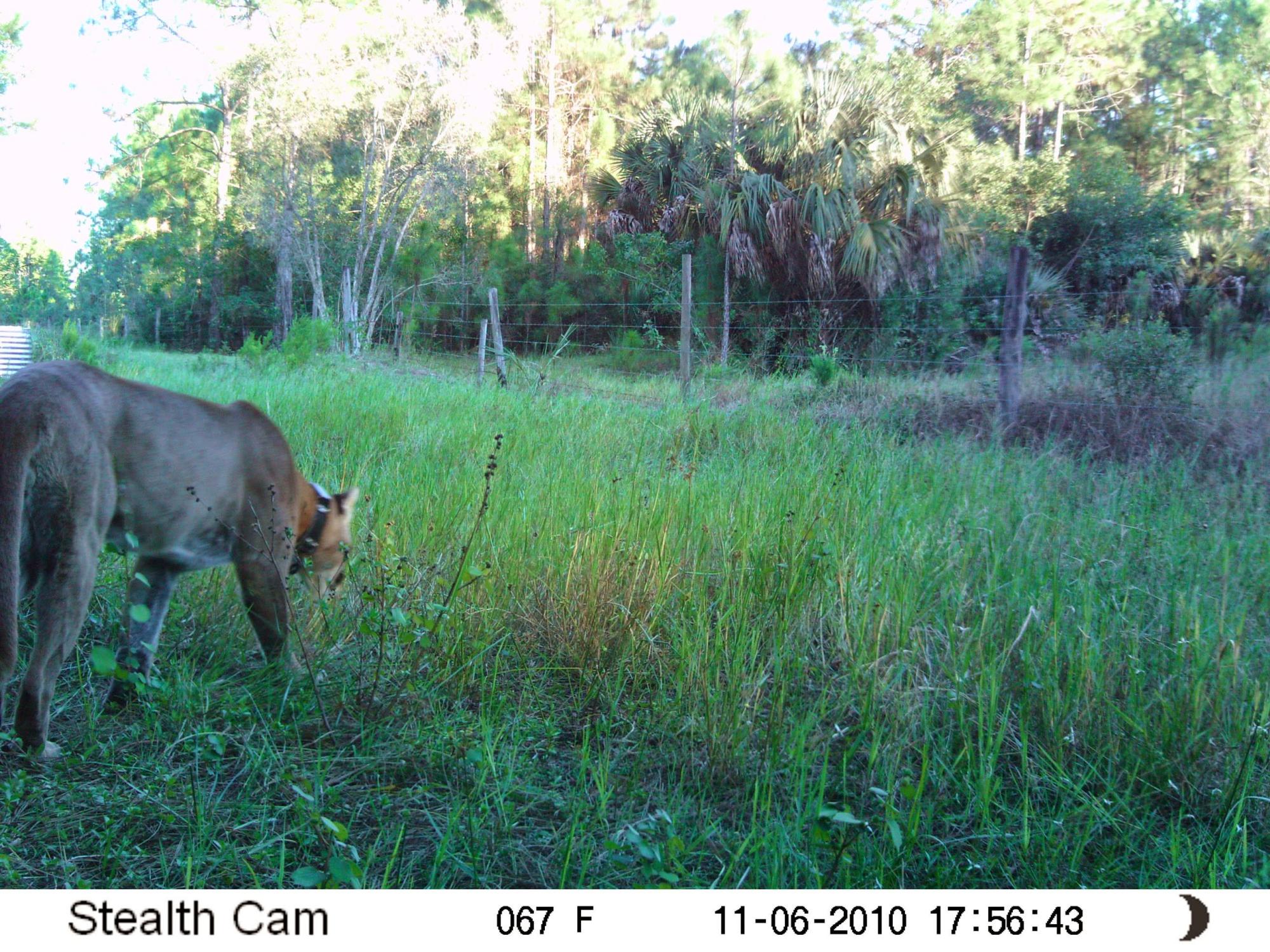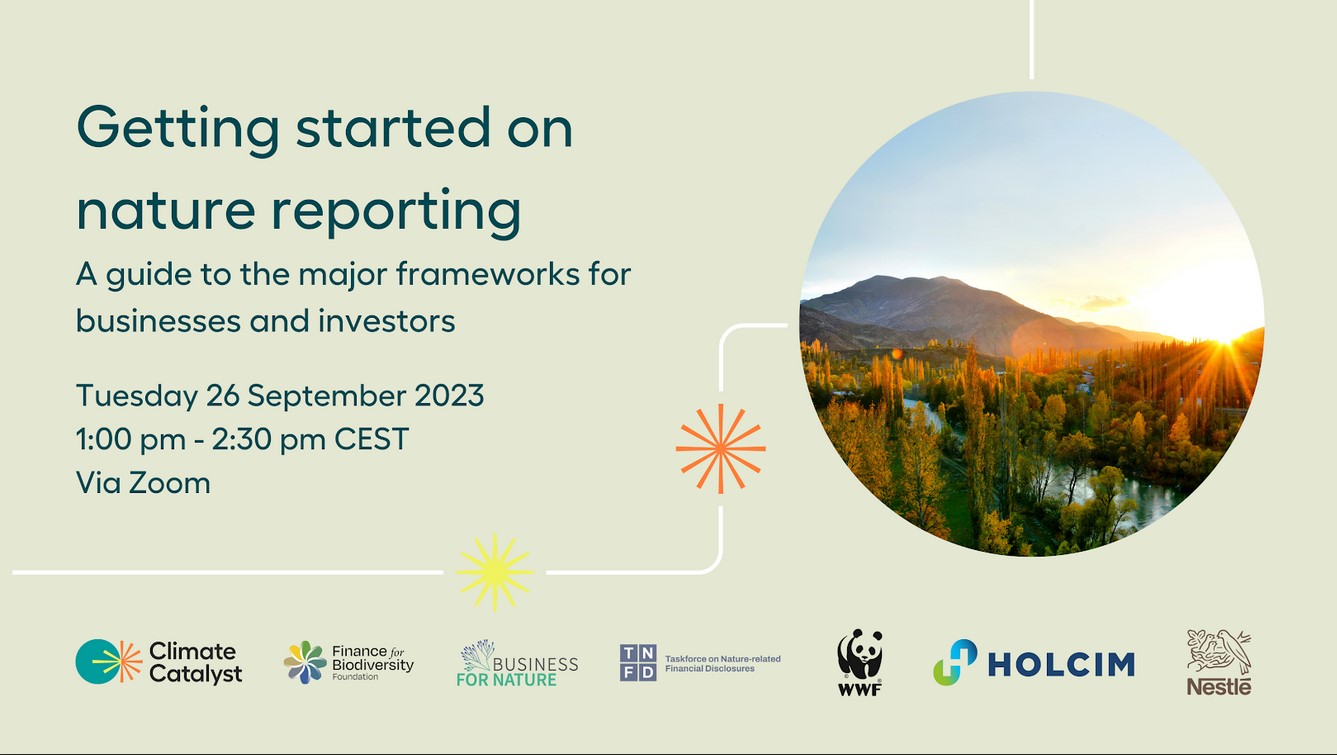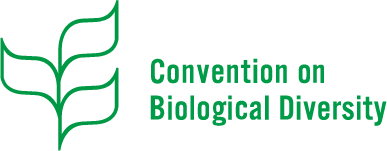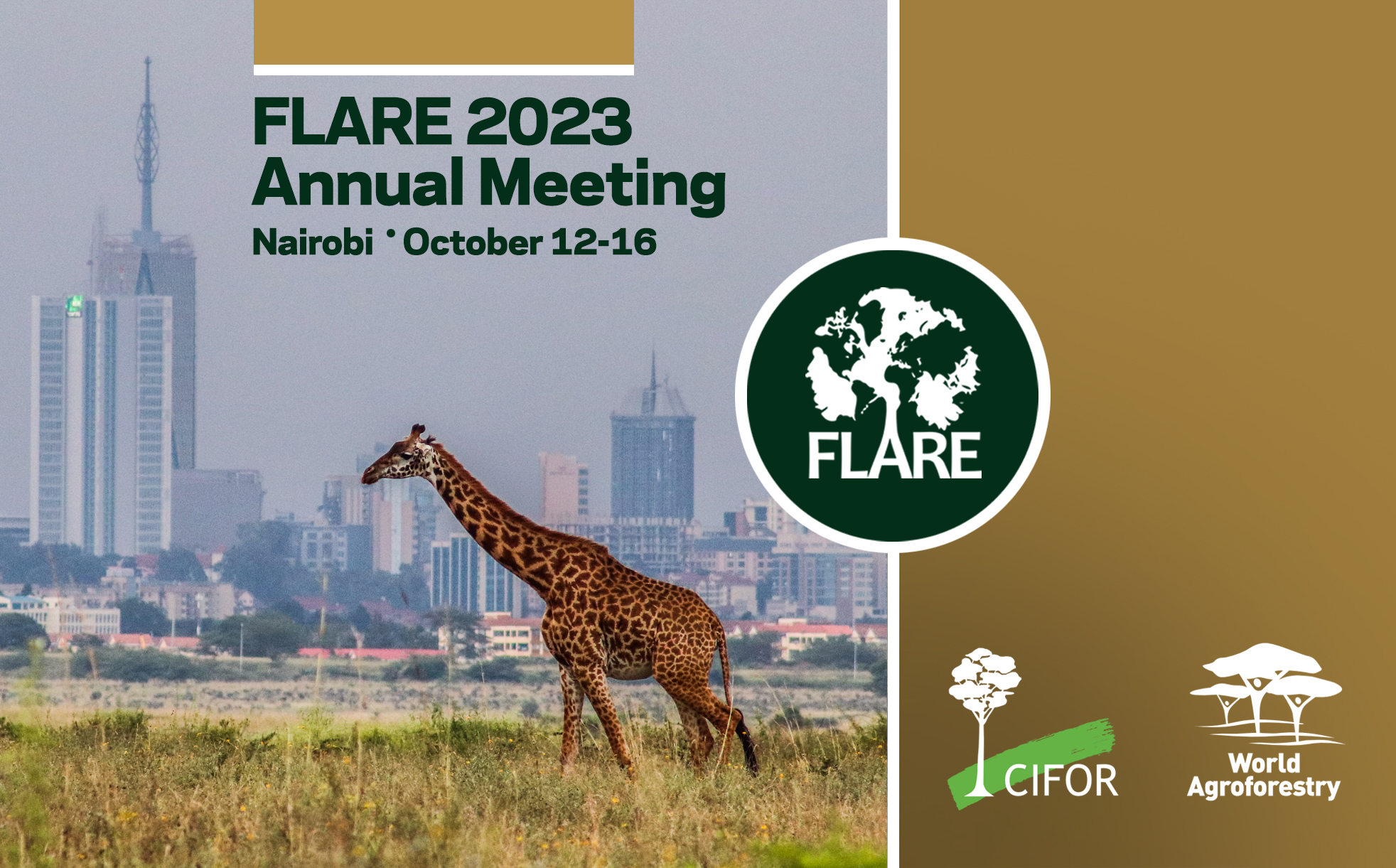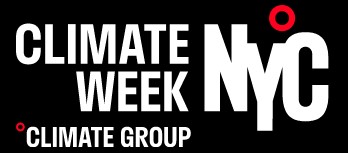Resource library
Displaying 685 - 696 of 748
SWS webinar: Latest Trends in Wetland Mitigation Banking
The wetland and stream mitigation banking industry has experienced significant growth and evolution since its inception over 25 years ago. As the industry evolves, changes in regulatory and policy standards are inevitable. This webinar will look at the historical and latest economic, political, and regulatory trends affecting mitigation banking as well as identify current challenges and future directions of the industry.
Getting started on nature reporting: A guide to the major frameworks for businesses and investors
Measuring and disclosing impacts from companies’ operations and supply chains is critical to safeguarding nature and fighting climate change. But with so many different frameworks to contend with, navigating the world of climate and nature reporting is no easy task.
Join us to learn about the Greenhouse Gas Protocol (GHG Protocol) Land and Sector Removals Guidance, Science Based Targets initiative’s (SBTi) Forest, Land and Agriculture (FLAG) Guidance, Science Based Targets Network’s (SBTN) science based targets for nature, and the Taskforce for Nature-related Financial Disclosure (TNFD) framework.
We’ll look at how the frameworks relate to one another, the most common implementation challenges that businesses and investors face, and how these frameworks can be applied to complex ecosystems through a practical case study: peatlands.
Why peatlands? They hold enormous value for carbon storage and biodiversity. But, degradation puts these ecosystem services at risk. Companies with degraded peatlands in their operations or supply chains could make significant gains for nature and the climate by restoring these troubled ecosystems.
Join the webinar to hear from the experts behind these frameworks, as well as some of the companies and financial institutions that have piloted them to manage nature- and climate-related impacts, including:
- Emily Hickson, Director of Business and Investor Activation, Climate Catalyst
- Marianne Haahr, Technical Sector Guidance Lead, TNFD
- Martha Stevenson, Senior Director, Strategy & Research, Forests, WWF-US
- Michael Ofosuhene-Wise, Business Action Senior Manager, Business for Nature
- Owen Bethell, Environmental Impact Lead Global Public Affairs, Nestlé
- Renata Pollini, Sustainable Development, Head of Nature, Holcim
- Finance for Biodiversity Foundation, speaker TBA
Convention on Biological Diversity SBSTTA 25
FLARE Annual Meeting 2023
Climate Week NYC
Asia-Pacific Climate Week (APCW) 2023
APCW 2023 will discuss climate solutions ahead of COP28. Hosted by the government of Malaysia in the city of Johor Bahru, Asia-Pacific Climate Week 2023 will take place from 13-17 November 2023.
The first global stocktake will conclude at COP28 in UAE in December of this year. The stocktake offers a unique opportunity to call for decisive change. It is an opportunity to urgently respond to the need to accelerate progress by collectively embarking on a swift and profound transformation of our economic and social systems.
APCW 2023 and all the Regional Climate Weeks provide a platform for policymakers, practitioners, businesses and civil society to exchange on climate solutions, barriers to overcome and opportunities realized in different regions.
The Climate Weeks consider four major systems-based tracks with a view to providing region-focused contributions to inform the global stocktake:
- Energy systems and industry
- Cities, urban and rural settlements, infrastructure and transport
- Land, ocean, food and water
- Societies, health, livelihoods, and economies
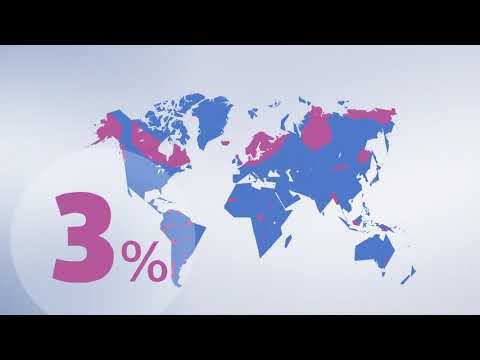
Protecting Peatlands - how InforMEA works (EN)
21 September, 2023
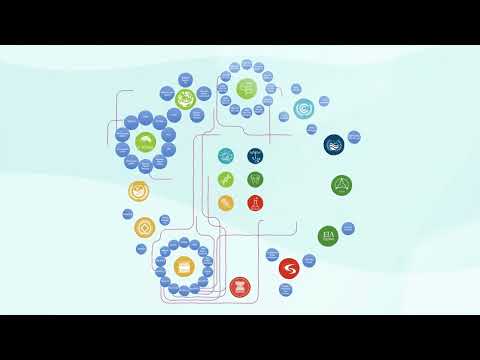
Protecting Peatlands - How InforMEA Works (FR)
21 September, 2023
COP28 side event: “Towards a global stocktake for peatlands and other high-carbon ecosystems: status and scaling up potential”
The state-of-the-art knowledge on world’s peatlands will be presented to assess progress towards current and future targets to meet the goals of Paris Agreement incl. analysis of their role in NDCs. Innovative approaches, policy and funding initiatives to scale up climate action will be showcased.
Speakers: Michael Succow Foundation / Greifswald Mire Centre, FAO, UNEP, Ramsar Convention Secretariat, Wetlands International
Peatlands in Europe and the way forward: Insights from the Global Peatland Assessment
The Global Peatland Assessment (GPA) is the most comprehensive assessment of peatlands to date. It aims to provide a better understanding of what peatlands are, where they are found, what condition they are in and how actions can be taken to protect, restore and sustainably manage them. It also provides a valuable baseline for improvement against future assessments. It includes an updated Global Peatland Map, Regional Peatland Extent Maps, and other Hotspot Maps to highlight threats and opportunities for peatland management.
In this webinar, we would like to present the main findings of the GPA and the Global Peatland Map 2.0. Our focus is the regional assessment for Europe. Additionally, we would like to discuss the use of the GPA to inform more widely about peatlands in Europe and show the ongoing activities for forming a European Peatlands Initiative. Speakers invited include Dianna Kopansky (United Nations Environment Programme - UNEP), Tuula Larmola (Natural Resources Institute Finland, Luke), Franziska Tanneberger (Greifswald Mire Centre), Alexandra Barthelmes (Greifswald Mire Centre) and Marina Skunca (Eurosite - the European Land Conservation Network).
The webinar is held within the project “Building the European Peatlands Initiative: a strong alliance for peatland climate protection in Europe” financed under the European Climate Initiative (EUKI). It is hosted by Michael Succow Foundation, Partner in the Greifswald Mire Centre, together with the project partners Eurosite - the European Land Conservation Network, CEEweb for Biodiversity, European Landowners’ Organisation and in cooperation with the UNEP-led Global Peatlands Initiative.
The webinar will be recorded for future use and publication.
Online (Zoom), registration needed: https://us02web.zoom.us/webinar/register/WN_HhhDoyJ3Q_ySmPuYvhzk8A
Webinar: The state of health of peatlands in Canada - Restoration priorities
About one third of the world's peatlands are in North America, making it the second-largest peatland region in the world. Less than 2% of peatlands in North America are degraded; drainage for agriculture has been the main threat to North American peatlands. They are now also threatened by oil and gas exploitation whereas the impact of thawing permafrost, as a result of climate change, needs more investigation.
Where peatlands are damaged, compensatory mitigation and offsetting policies can drive restoration, but policies and implementation vary across Canada. Most provinces have wetland policies that provide for compensatory peatland restoration to offset unavoidable loss and damage to peatlands. However, there is no moratorium on removal and destruction of peatlands to access oil and gas or ore mining or flooding for hydro-dams, and no requirement that restoration is compensated via restoration of wetland habitats that are not peatlands. Restoration priorities of peatlands are thus discussed, particularly in the light of their situation in Eastern Canada.
Register for this webinar with Dr. Line Rochefort, Chair of Peatland Ecology Research Group, Université Laval, and co-chair of the Society for Ecological Restoration – Eastern Canada, at https://us02web.zoom.us/meeting/register/tZUpdeGqrjguHNKrnoVGoeXKh_F5xAEhIuXK

Webinaire "L’état de santé des tourbières au Canada – Priorités de restauration"
Environ un tiers des tourbières de la planète se trouvent en Amérique du Nord, ce qui en fait la deuxième plus grande région de tourbières au monde. Moins de 2 % des tourbières d’Amérique du Nord sont dégradées ; le drainage à des fins agricoles constitue la principale menace pour les tourbières nord-américaines. Ils sont désormais également menacés par l’exploitation pétrolière et gazière, tandis que l’impact du dégel du pergélisol suite au changement climatique nécessite des études plus approfondies. Là où les tourbières sont endommagées, des politiques compensatoires d’atténuation et de compensation peuvent favoriser la restauration, mais les politiques et la mise en œuvre varient à travers le Canada. La plupart des provinces ont des politiques en matière de milieux humides qui prévoient la restauration compensatoire des tourbières afin de compenser les pertes et dommages inévitables aux tourbières. Cependant, il n'y a pas de moratoire sur la perte et la destruction des tourbières pour accéder au pétrole, au gaz ou à l'extraction de minerais ni d'inondations pour les barrages hydroélectriques, et aucune exigence selon laquelle la restauration soit compensée par la restauration d'habitats de zones humides qui ne sont pas des tourbières. Les priorités de restauration des tourbières sont ainsi discutées, notamment à la lumière de leur situation dans l'est du Canada.
Inscrivez-vous pour ce webinaire avec la Dr Line Rochefort, Présidente du Groupe de recherche en écologie des tourbières, Université Laval et co-présidente de la Société pour la restauration écologique, sur https://us02web.zoom.us/meeting/register/tZAtf-6qqj8tGtzmvYUjdS1mPn5YA3329t2g
